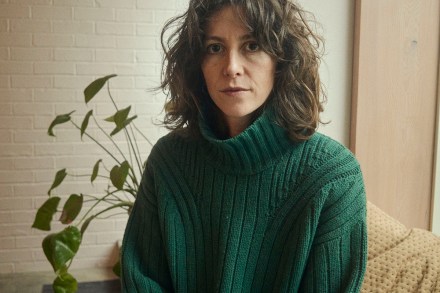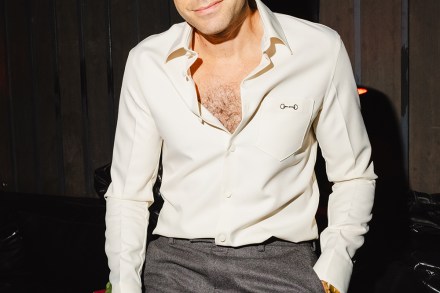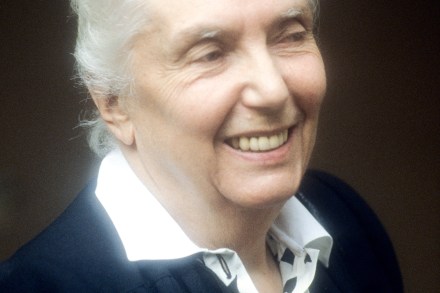My life as a writer
It was roughly 55 years ago, at the tail end of the 1960s, that I took the monumental decision to become a writer. It wasn’t exactly an agonising one. By then I’d been on the European tennis circuit for a decade, and was kaput. Joining the circuit at 19, I travelled non-stop seeing the world. I was never tired or hungover no matter how much I partied – and I partied relentlessly. And, needless to say, there were constant thump-thumps in the heart, as at every opportunity I pursued beautiful women. Right out of the box, I found writing easy. Well, it was not exactly writing; copying is the better




















